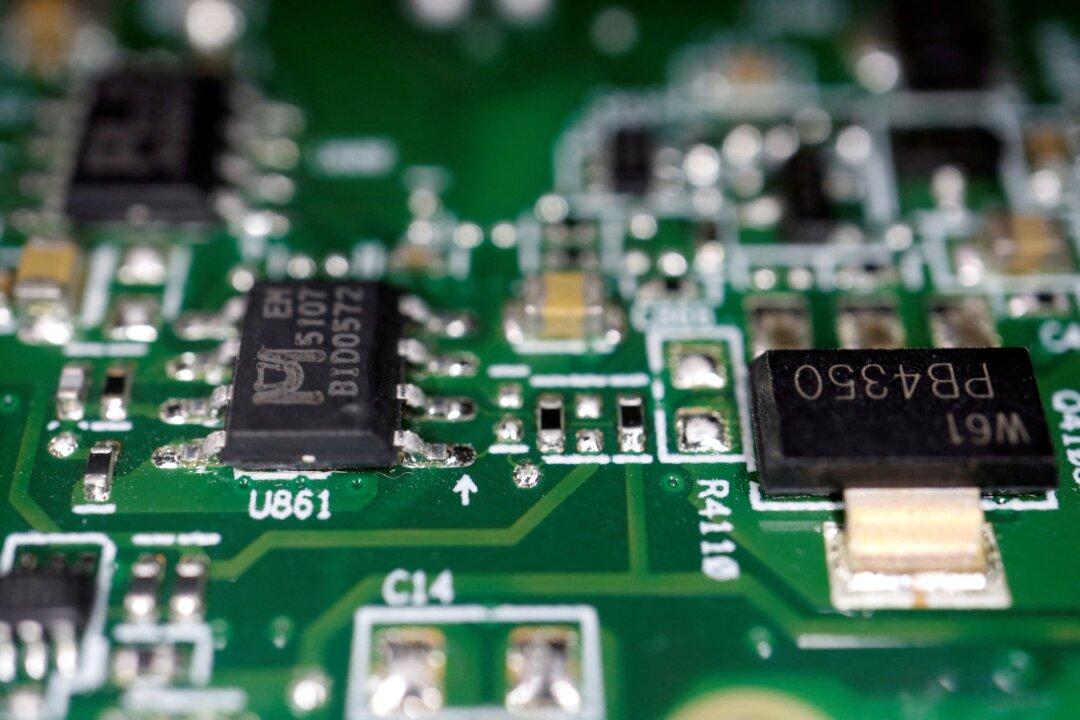The U.S. Department of Commerce announced a multibillion-dollar funding to semiconductor manufacturer Micron Technology as part of an effort to boost the country’s production capabilities in the sector.
The federal department will award Micron $6.165 billion in funding under the CHIPS Act of 2022. A Dec. 10 statement from the agency reads, “This funding will support the first step in Micron’s two-decade vision to invest approximately $100 billion in New York and $25 billion in Idaho, which will create approximately 20,000 jobs and will help the U.S. grow its share of advanced memory manufacturing from less than 2 percent today to approximately 10 percent by 2035.”





